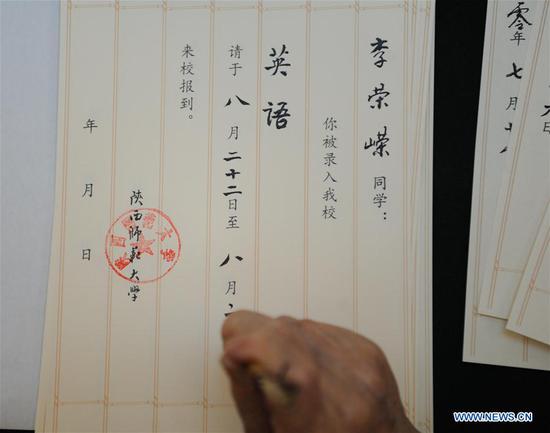Shares in newly-listed Xiaomi plummeted on Monday, as investors shunned the company following a statement from the Shanghai Stock Exchange on Saturday, confirming mainland investors would not be able to buy shares via Stock Connect.
After becoming the first company to launch an initial public offering with dual-class shares in Hong Kong on July 9, Xiaomi stocks had recovered from an underwhelming launch on the Hong Kong Stock Exchange.
That recovery, which saw Xiaomi shares rocket by nine percent to become the ninth largest company listed in Hong Kong, came after the company was placed on the Hang Seng Composite Index, meaning its shares could be traded via Stock Connect.
However, authorities in Shanghai and Shenzhen decreed that mainland investors could not trade dual-class shares, with a statement published by the Shanghai Stock Exchange’s website on Saturday saying investors should not be exposed to stocks they did not understand.
The dual-class share structure means that certain stockholders, such as Xiaomi founders Lei Jun and Lin Bin, hold shares worth 10 times more than other investors.
This would mark the first exclusion of a Hang Seng-listed stock because of “special circumstances,” reported the Financial Times, citing the Hong Kong Exchanges and Clearing (HKEX).
Xiaomi shares plunged on Monday by as much as 9.6 percent, before finishing down 1.9 percent. Trading on Tuesday continued that downward slide, finishing around 0.7 percent lower.
Talking to China Daily, HKEX chief executive Charles Li Xiaojia said the exclusion would only be temporary, adding that he believes “mainland companies will still be willing to list in Hong Kong despite some firms with weighted voting rights being temporarily excluded.”
The decision to exclude Xiaomi shares from Stock Connect, whether temporary or not, highlights growing competition between Hong Kong, Shanghai and Shenzhen over attracting listings from mainland companies.
Last month, China announced plans for overseas-listed Chinese companies to place secondary listings on mainland exchanges via China Depositary Receipts (CDRs). Xiaomi had initially planned to become the first major company to offer shares via CDRs, but delayed the offering until beyond the Hong Kong IPO.
Allowing mainland investors to buy dual-class shares through Stock Connect would mean “the appeal of CDRs would be diminished,” according to Wu Kan, a fund manager at Shanshan Finance in Shanghai, who was talking to South China Morning Post.
Concerns also remain over capital flight towards Hong Kong-listed stocks, with Xiaomi an attractive prospect for mainland investors familiar with the company and its products.
By Nicholas Moore


















































